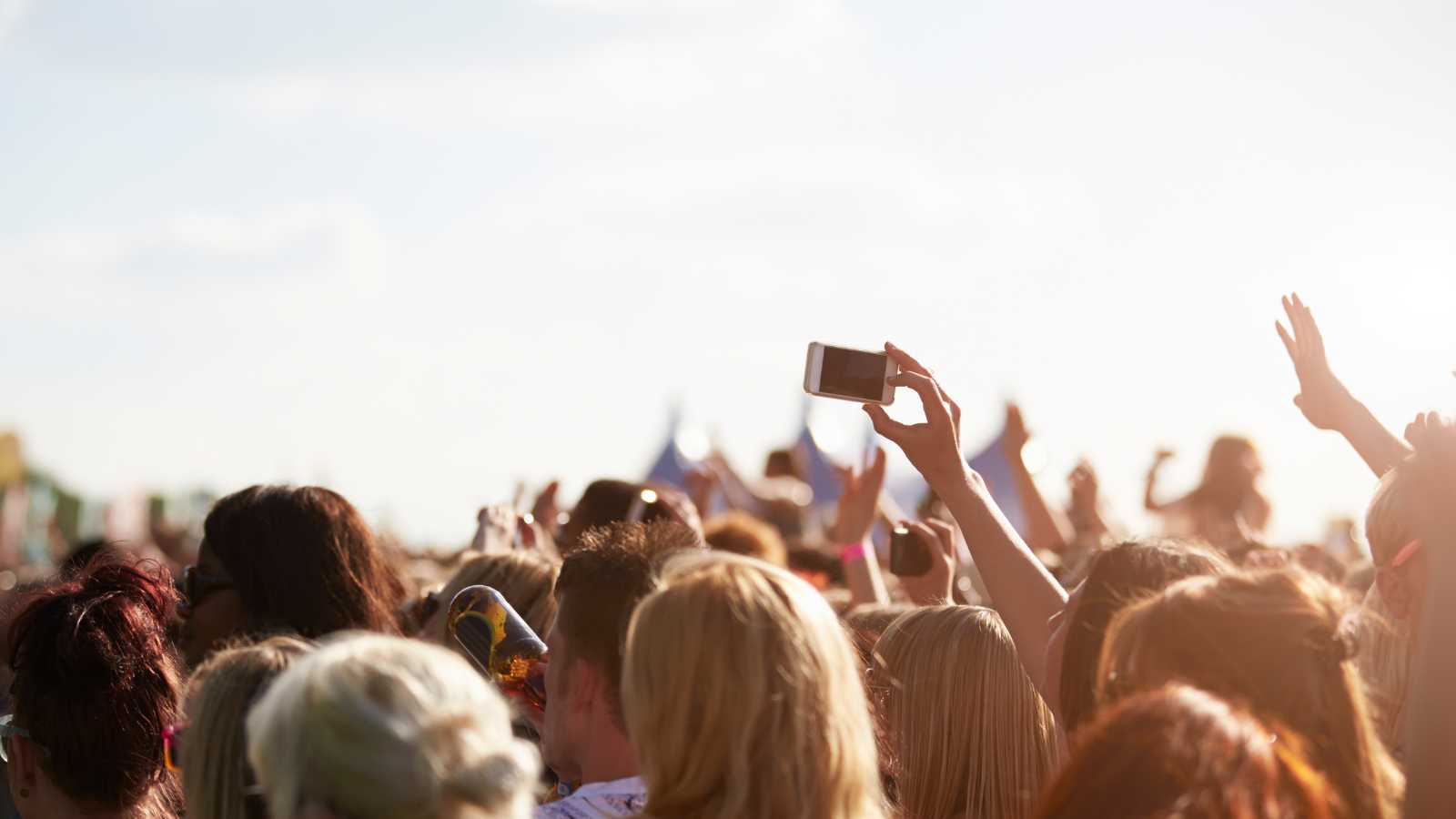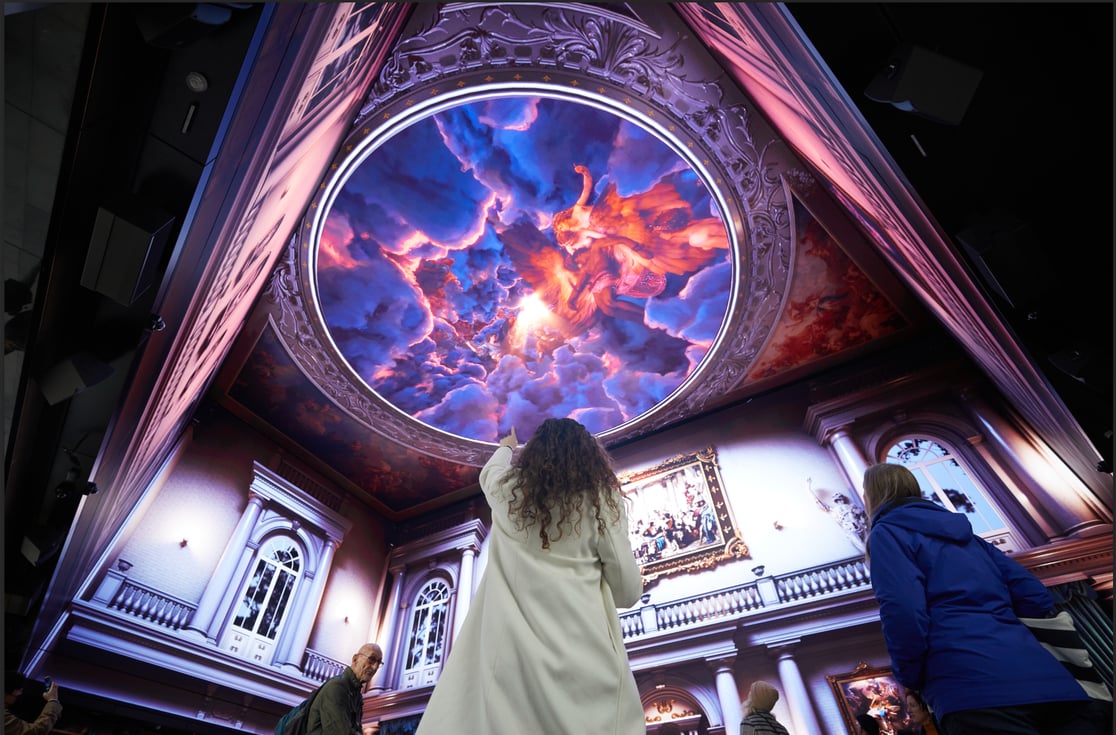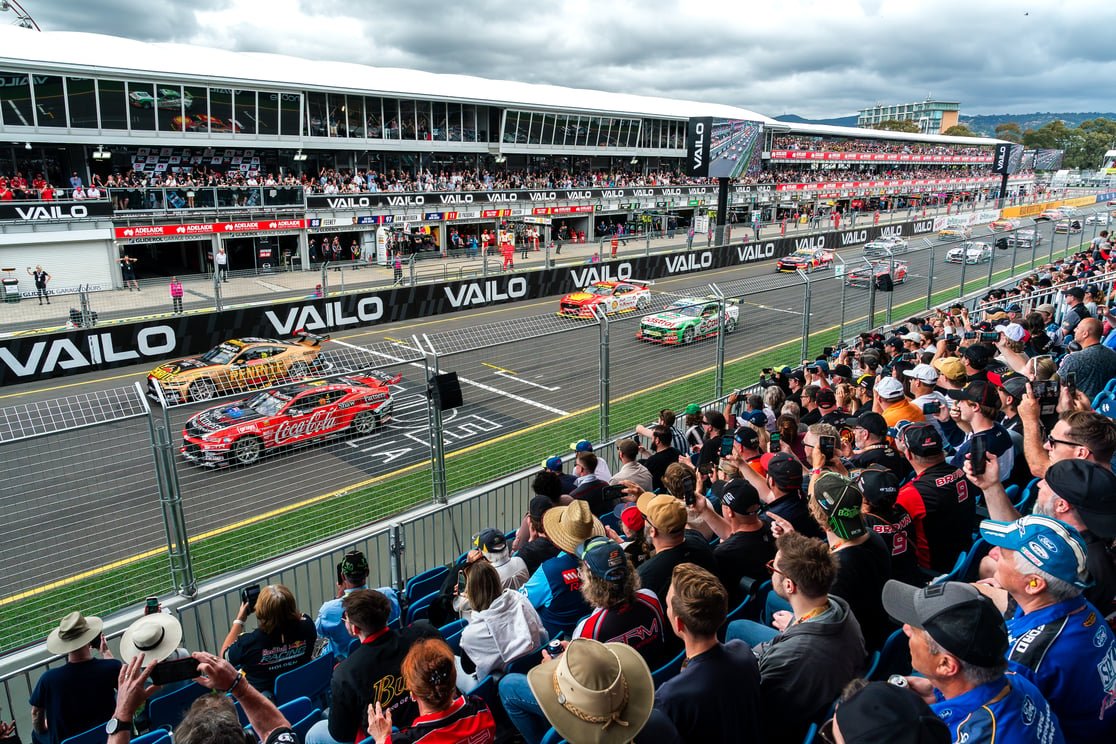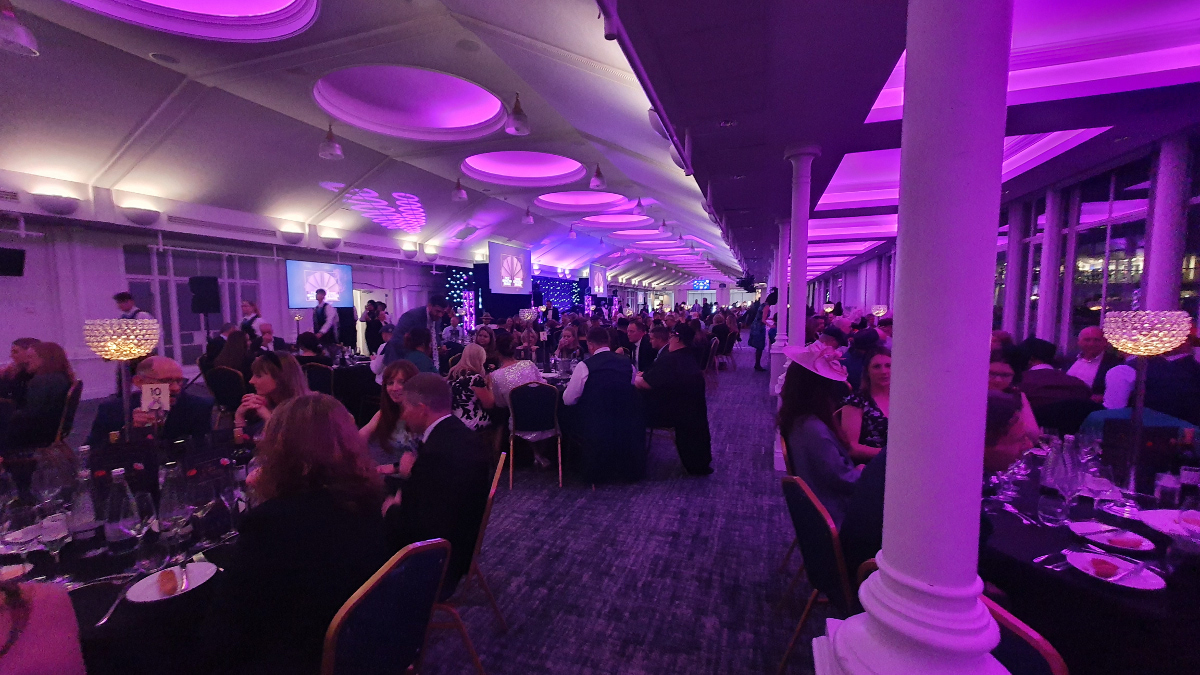Press
How to Use Spatial Analytics to Measure and Improve Your Festivals

We believe that data is the foundation of successful events, and now that the festival season is upon us we'd like to share some ideas about how data, and spatial analytics in particular, can help improve the planning, safety, ROI and visitor experience at outdoor events.
There's a festival out there for everyone, whether it's music, beer, food, trucks, antiques, or film, the list goes on. But most festivals share some common characteristics - crowds of people in open spaces; zones and areas for different activities including non-public and secure spaces; brand and sponsor support for the event; and peak times for arrival and departure, headline acts, food and drink service, to name a few.
Spatial analytics offers the opportunity to understand and learn from how people interact with the space around them, and festivals can benefit enormously from this technology if it's used and interpreted correctly.
What is Spatial Analytics?
With the average time spent on mobile devices averaging 3 hours and 15 minutes per day, it's safe to assume that most event attendees will have their phones on their person. These devices' powerful yet compact nature unlocks a whole new potential for measuring data.
Spatial Analytics passively tracks mobile devices without needing users to install an app or register in any way, by listening for anonymous wifi and other connection requests. The data gathered is then carefully analysed to understand how people engage with places and provide insights into footfall, engagement, dwell time, frequency, and journey paths.
How is Spatial Analytics Applied to Festivals?
Spatial analytics is designed to help festival organisers before, during, and after their event, allowing them to:
Improve Event Planning and Space Design
Due to the technology's compact and easy-to-deploy design, it serves a range of operational purposes as it can be placed in key areas without disrupting the natural flow of movement.
The data allows organisers to see which areas are receiving the most foot traffic, and how crowds move in the space and inform decisions regarding the layout and location of stands, facilities, and activations within the premises.
Maintain Safety at the Event.
Spatial analytics can start building an overview of a visitor's experience from the moment they enter the premises, making it an efficient tool to monitor and manage the flow of festivalgoers. By collecting and interpreting data in real-time, spatial analytics allows organisers to see how crowds are moving around an event, what they are engaging with, and identify congestion, bottlenecks, or other issues that may adversely affect safety.
Demonstrate Value and ROI to Commercial Partners
When investing in an event and/or activation it is only natural to want evidence that the investment is worth the return, but crude overall attendance counts and sales totals aren't sufficiently detailed to allow for targeted optimisation and improvement. Spatial analytics can reveal important, fine-grained detail about visitor behaviour, including:
- Audience dwell time with a brand.
- The proportion of passers-by that stopped and engaged.
- The areas the audience engaged with most, and the least.
- The frequency and the total number of return visits
Measuring the Success of the Event
While success will look different across different festivals, spatial analytics provides the tools to see how people engaged with the event and understand their behaviour. Not only does it reveal which areas performed well, but also provides actionable insights that can be used to improve future festivals.
The repeatability and reliability of Meshh Spatial Analytics allows for the establishment of festival performance benchmarks and delivers unparalleled opportunities for meaningful comparisons of festival performance over time and across locations.
For more information about how spatial analytics can be used to optimise your next festival, contact us at info@meshh.com.
Contact us
Ready to Transform Your Space
"*" indicates required fields


